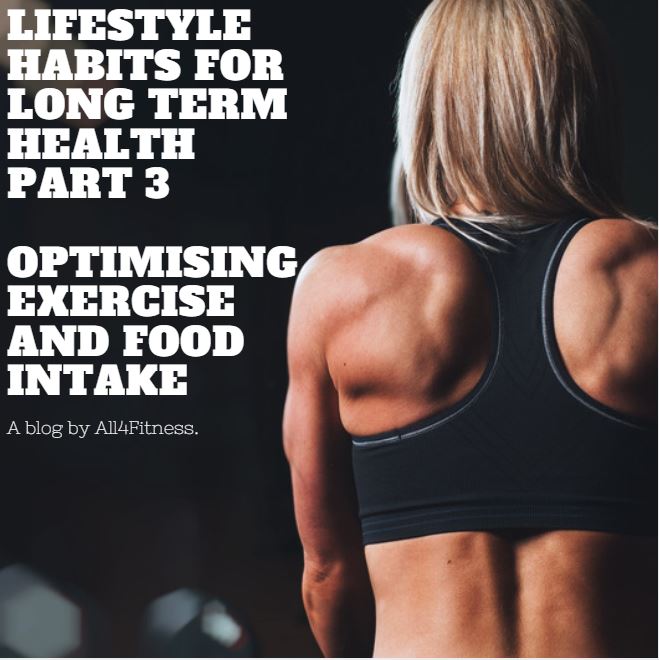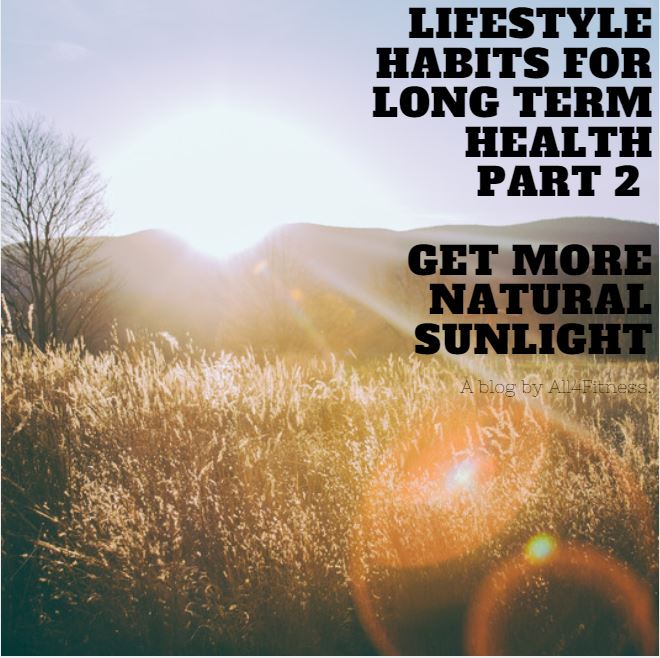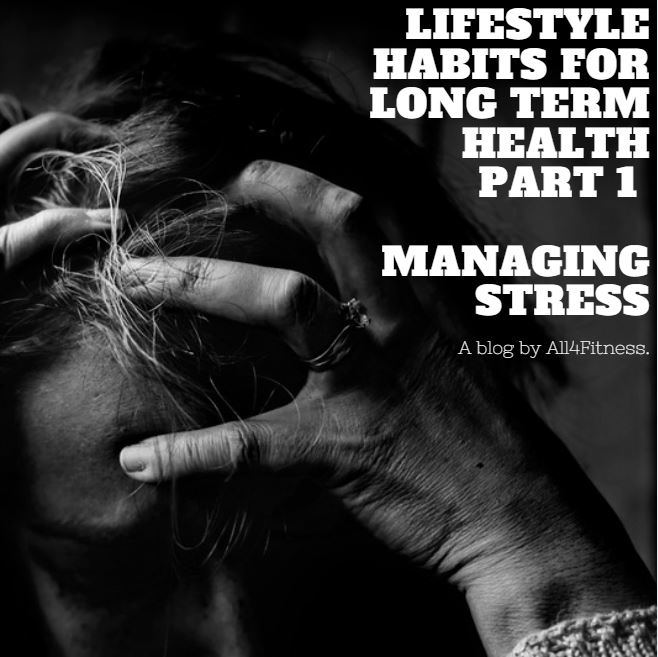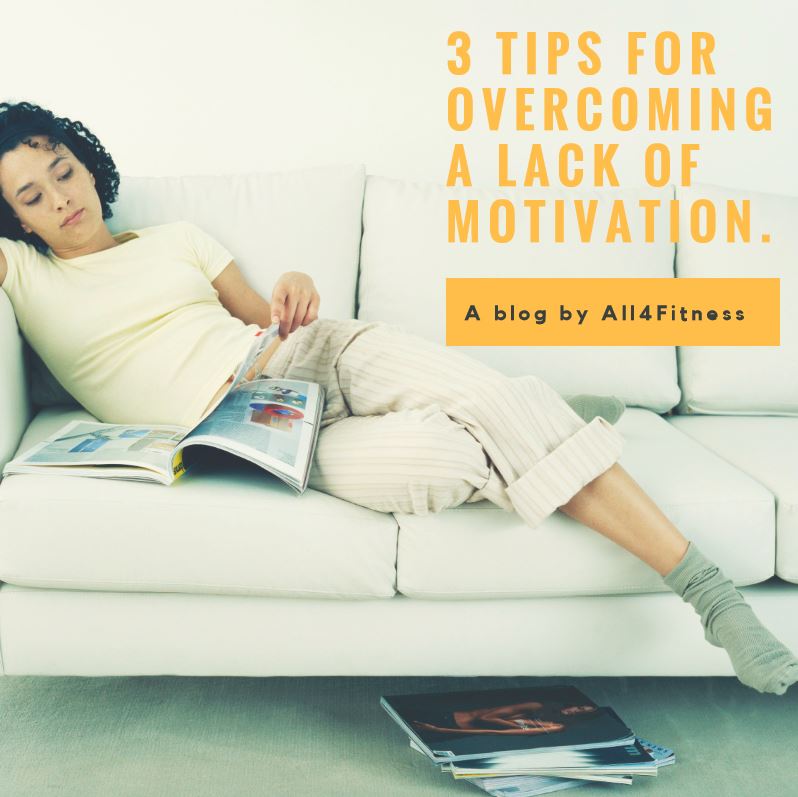Optimize your exercise and food intake.
We all know that diet and exercise are important for overall health. There is always arguments about what kind of foods to eat and when to eat them, but for the most part, you probably have an idea of what kind of foods are good for your body and what kind aren’t. Recovery should be looked at from a nutrition point of view. How well you feed your body determines how well you can recover from exercise. Simple things like eating enough protein, drinking enough water and eating plenty of green vegetables can go a long way in keeping your body happy and healthy. Even simple practices like taking the time to sit down to eat and chew your food thoroughly are helpful. Getting your body in a parasympathetic state before eating helps to improve digestion, and of course, thoroughly chewing your food does the same. These changes might seem to make a small difference, but the increased efficiency adds up over the 1000+ meals you have in a year. When it comes to exercise, everyone has their own thoughts on what type of training is optimal, but one thing that we can agree on is that moving your body in one way or another is the objective. We won’t go into what exercises you need to do in order to promote health, but rather the practices that surround them.
Believe it or not, when it comes to getting stronger and faster the most important component is recovery. If you can’t recover from the training stimulus, then you will not get better, or even worse, you’ll get injured. Your lifestyle, responsibility, and workload all change so therefor your capacity for recovery changes as well. Have a look at your training and lifestyle objectively to determine how much and how hard you should be training.
If it fits within your budget, hire a professional who can help you with this. A great way to start is with our 3 x 30min PT special for $49!
Get More Natural Sunlight during the day and limiting exposure to bright light at night has amazing benefits. Exposure to UVB radiation, is important for many reasons, one being Vitamin D which is essential for the expression of over one thousand genes in the body. Vitamin D deficiency is a widespread issue and is associated with an increased risk of cancer, type II diabetes, and even Multiple Sclerosis. Vitamin D is not the only benefit we can gain from sun exposure, however. Several other health related mechanisms in the body are regulated by sunlight as well. Two key hormones that ebb and flow with exposure to sunlight are serotonin and melatonin. During the day, upon exposure to sunlight, serotonin is released, which has vast implications on the body from memory and mood, to digestion, and even organ growth and development. So, when I take a walk in the sun I find it puts me in a good mood almost instantly. This due to the release and impact of serotonin.
As night falls, the lack of optic exposure to light triggers a series of reactions which converts the serotonin to melatonin. This hormone plays a critical role not only in regulating our sleep-wake times, but also functions as a powerful antioxidant. In fact, studies have found that melatonin is one of the most effective antioxidants known today. It makes perfect sense that this would be the case as it corresponds with our sleep time in which the majority of our repair and growth takes place. Basically, it helps us to get a good night of sleep while also repairing and protecting our bodies from damage that arises from free radicals and overall inflammation.
You should know by now how important sleep is for overall function and well-being. I find a good practice is to limit exposure to bright light in the hours leading to bed. Although you may find that you can sleep just fine after scrolling through your social media feed, you may be losing out on deeper and more restful sleep along with the reparative effects that accompany a robust melatonin production.
When it comes to anything in life, I find it helps to build a solid foundation if we hope to have success. The issue with health and well-being is that we have gotten away from the foundational practices that keep us running optimally.
We all know that exercise is important to staying fit and healthy. However, it only makes up a small part of our day. So what about the rest of our day and how does what we do during that time impact our health and well-being? Sometimes, it can be hard to change or modify your daily/weekly routine, but if you wish to feel younger, happier and live a lot longer… you may want to manage some behaviours in the 23hours you’re not working out.
Managing Stress
One the most serious additions in today’s modern life would be the stress we endure on a daily basis… Whether it be work, finances, family issues or relationships the stress never seems to stop. Whatever the case is for you, consider trimming down so to speak. Look at things with an open mind and avoid taking on too much at once. It may also be helpful to take some time to clear the mind and reflect on a daily basis. For some, it might be spending time in the gym for others they may like to find something a little more quiet. It’s been said that 12 minutes of meditation can be enough to shift brain activity in favor of better focus and reduced anxiety.
Making sure to keep stress levels low is vital, not just for our sanity, but for our ability to make progress in the gym given the fact that stress can have negative impact on our recovery.
Lack of motivation is something that almost everyone goes through at times and something we deal with a lot as trainers. Here are 3 tips to overcome this:
- 1. Stop making excuses.
So you’re feeling unmotivated? This is the time when we start hearing a lot of reasons and excuses for cancelled training sessions and some of us slacking from the gym. Here are the most common excuses we see and how to deal with them.
“I don’t have time” – We all manage to make time for the things that are important to us. Choose an activity that is low priority and cut it out or reduce the amount of time you spend doing it e.g. watching TV. A 15 minute H.I.I.T session is just 1% of your day so it shouldn’t be too much of an issue to make time for some sort of exercise.
“I’m too tired” – Working out actually gives you more energy! Working out during your lunch break will help you beat that afternoon tiredness at work as your body will release endorphins and have improved circulation, helping you to have a more productive afternoon.
“It’s too hard because I have kids” – Most gyms have a creche, at All4Fitness, we have free child minding for all of our 9am classes.
“I just don’t enjoy exercise”- Come and try our classes! Working out in a group is always fun and makes a very supportive environment. If you don’t enjoy classes, find something that you do enjoy. We now run yoga classes on Mondays and Thursdays, or you can ask your trainer to do some one on one boxing
2. Set both short and long term SMART goals.
Setting SMART(Specific, measurable, achievable, realistic and time limited) goals for yourself holds you accountable to a deadline in which a certain result is to be achieved. When it comes to deadlines, people tend to leave things until the last minute which is why it is important to set short term goals as well as long terms ones. For example, your long term goal might be to lose 3kg in six months, so you can break this down into short term goals of losing 500g each month, or 120g each week. Short term goals can even be as simple as making sure you do at least some form of exercise for 30mins each day
3. Be consistent.
No one feels super motivated all the time, not even coaches or professional athletes. Sometimes the best training sessions are the ones you don’t feel like doing, but you show up and get it done anyway. Being consistent when you’re not motivated stops you from falling behind so that when that you are feeling motivated, your still making progress rather than always trying to get back to where you were up to before you lost your motivation. You will always feel a greater sense of achievement when you reach your goals knowing that you had the self-discipline to see things through and didn’t just give up. It’s perfectly normal for motivation to come and go, but I’m sure you still brush your teeth every day, do your laundry, and pay your bills even if you don’t feel like it, right? You don’t need to feel motivated all the time, what’s more important than motivation is consistency! And when it comes to exercise, if you are more consistent, you will see more results, feel more motivated, and have more enjoyable training sessions.
About Us
All4Fitness is a privately owned gym in Cannon Hill. We offer Personal Training, 24/7 Gym Access, Infrared Sauna sessions and have an extensive timetable of group classes to suit a variety of individuals.
We focus on the surrounding suburbs such as Hawthorne, Morningside, Carina, Camp Hill, Murarrie, Balmoral, Bulimba, Seven Hills & Carindale. Join the team today!
All4Fitness
943 Wynnum Rd, Cannon Hill 4170
Queensland, Australia
Phone: 0413 151 207
Email: [email protected]
Opening Hours
Open 24 hours, 7 days per week
Staffed Hours
Monday: AM by appointment & 1.30pm-7pm
Tuesday: AM by appointment & 1.30pm-7pm
Wednesday: AM by appointment 1.30pm-7pm
Thursday: AM by appointment & 1.30pm-7pm
Friday – Sunday: By appointment only




